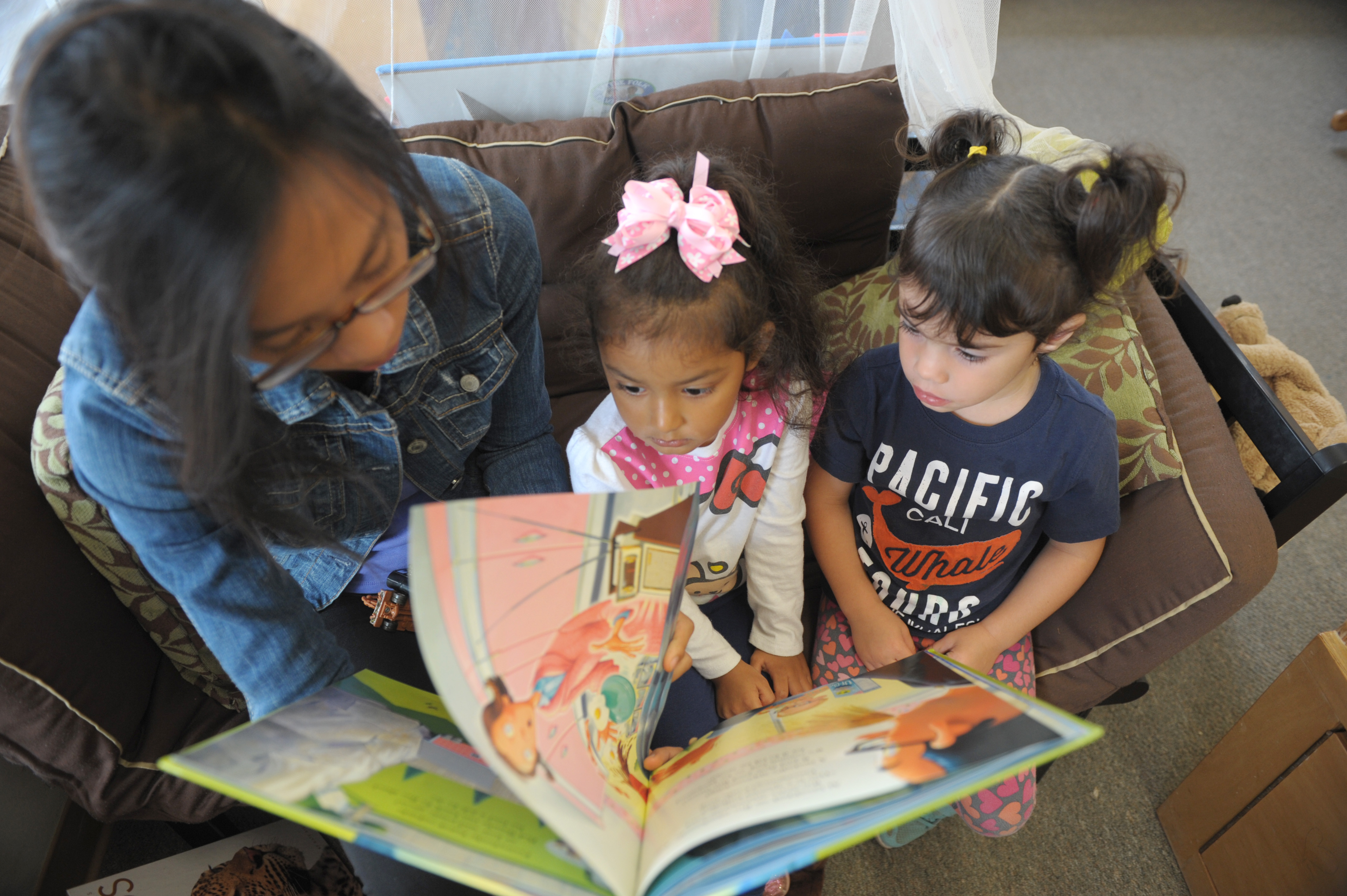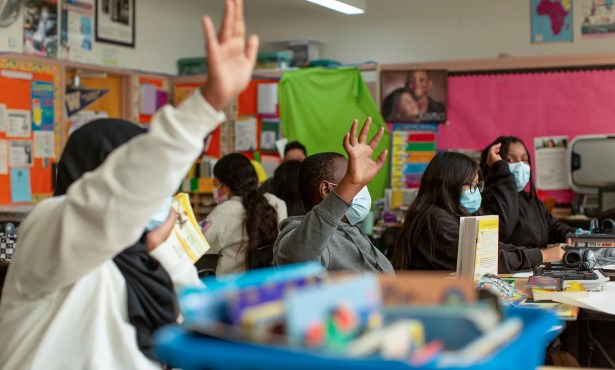As Santa Barbara County continues to see more coronavirus cases, first responders and health-care workers are forced to work longer hours away from their children. Rather than scatter free childcare sites throughout the area, as Sacramento and other California counties have done, Santa Barbara County is setting up a completely original model.
The trailblazing model puts essential workers’ children in childcare sites based on their parents’ employers. Through a partnership between United Way of Santa Barbara County, Jane and Paul Orfalea with the Audacious Foundation, and the Natalie Orfalea Foundation with Lou Buglioli, the Emergency Child Care Fund started with $500,000.
Paul Orfalea, the founder of Kinkos, has a long history for his philanthropic efforts to support children in Santa Barbara County. Just under 20 years ago, Orfalea gave $2 million to the early childhood care center at the University of California, Santa Barbara, now known as the Orfalea Family Children’s Center.
“Leaders in philanthropy are stepping up to meet the needs of our community in this difficult time in so many ways,” said Steve Ortiz, president and CEO of United Way of Santa Barbara County. “This crisis requires the full engagement of our most essential workforce. We simply must make sure that their children are cared for in a safe environment while they keep us healthy and safe.”
Eileen Monahan, an area expert in childcare who is helping lead the project, said that employers of essential employees who need child care can contact her and she will match those company’s up with the childcare facilities in town that best match their needs — whether that be only a handful of kids in a family childcare facility for one employer or dozens of kids for an employer that would require a larger childcare center.
The main point in separating by employer, she said, is that health-care workers who are working for the same employer have “already mixed their exposures,” so keeping their children apart from other children whose parents work for another employer is much safer and creates less risk for the virus to spread. This is unlike most other cities or counties, where the free childcare centers — if any — are open to any essential worker regardless of their employer.
“It is a huge partnership with the employer that makes it happen,” Monahan said. “They tell us how many employees need child care, what ages are the children, and what employees are working closely together. Then we find a match.”
There are so far two childcare facilities open—one in Lompoc and the other in Santa Barbara— and a third one in Santa Maria on the way. None of them are full to capacity, but Monahan stressed more money needs to be raised to continue the work. Once first responders and health-care workers are taken care of, she said, the next goal is to accommodate childcare centers for other essential workers who distribute food, like grocery store workers.
“The people working on the ground are as important as the philanthropists,” Monahan said. These organizations include First 5 Santa Barbara County, the County Child Care Planning Council, and Children’s Resource and Referral. “They all jumped to help when the outbreak began. The Childcare Planning Council has been very instrumental in setting up these matches with employers and supporting directors of the childcare center because it’s very stressful.”
Employers of health-care workers and first responders or child-care workers who want to help should reach out to Monahan at eileen@eileenmonahanconsulting.com. To donate to the Emergency Child Care Fund, contact Steve Ortiz of United Way at sortiz@unitedwaysb.org.
At the Santa Barbara Independent, our staff continues to cover every aspect of the COVID-19 pandemic. Support the important work we do by making a <https://pico.link/sbindependent/">direct contribution.



